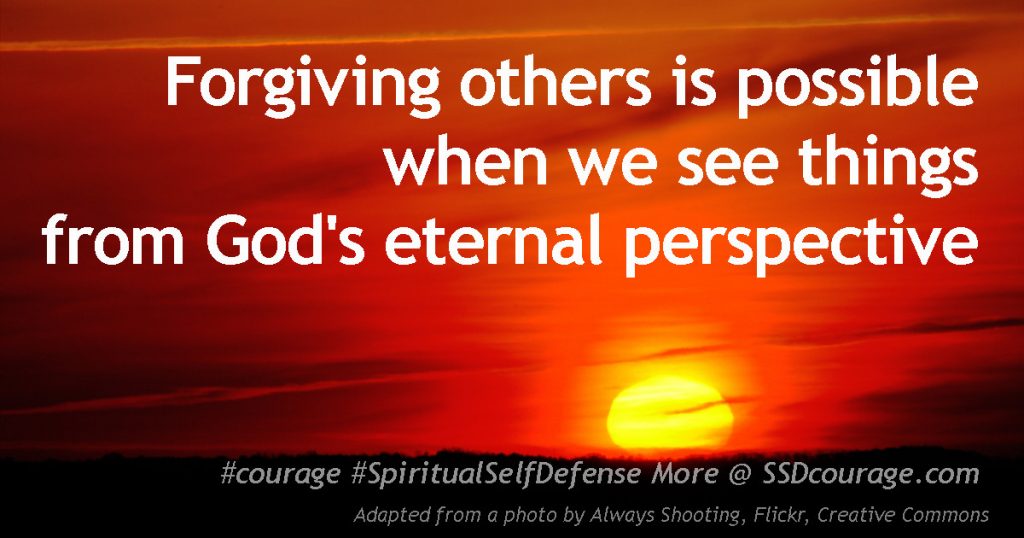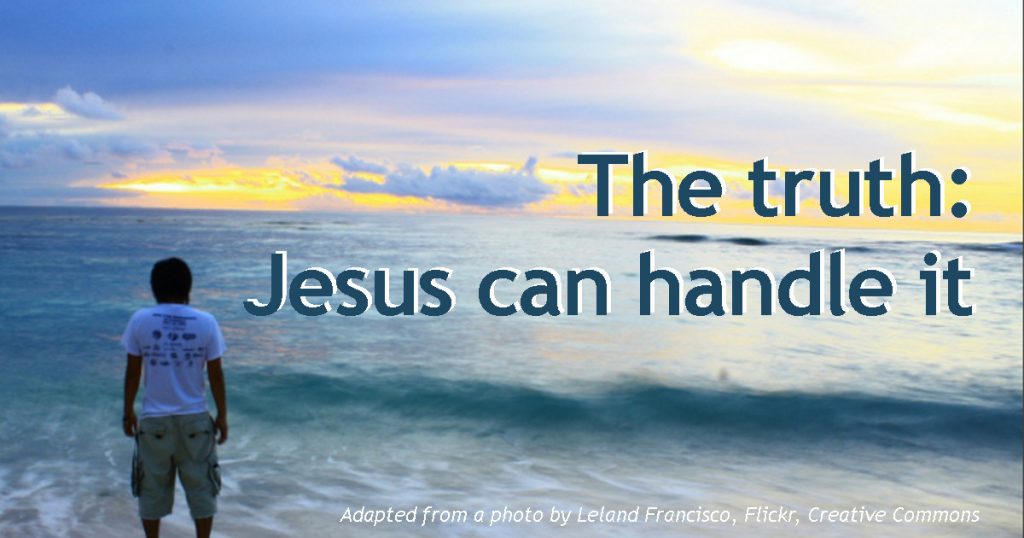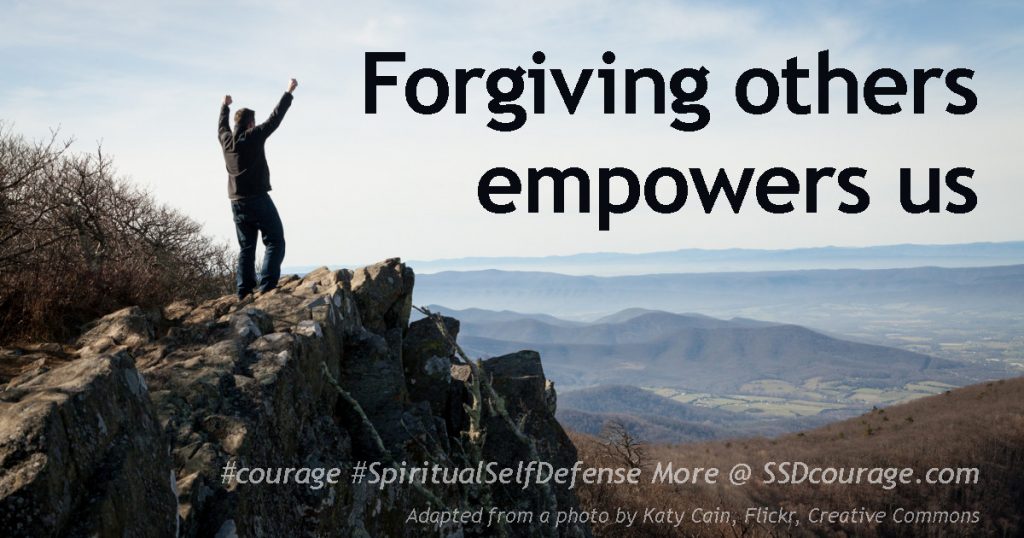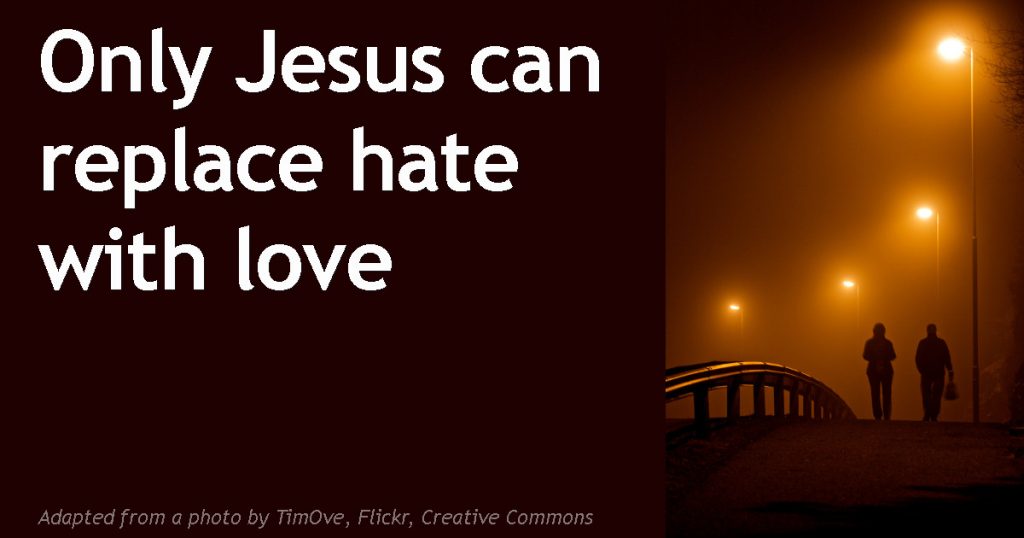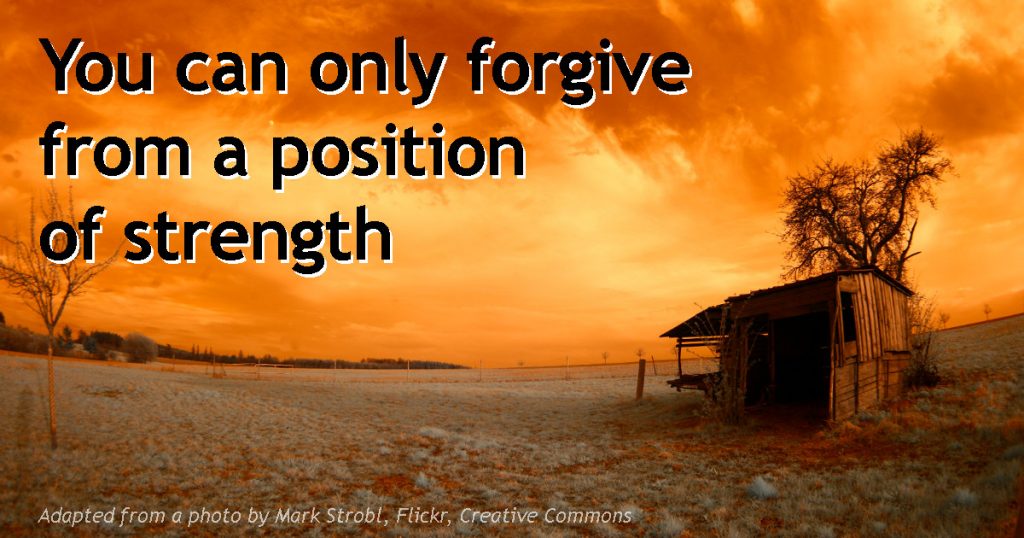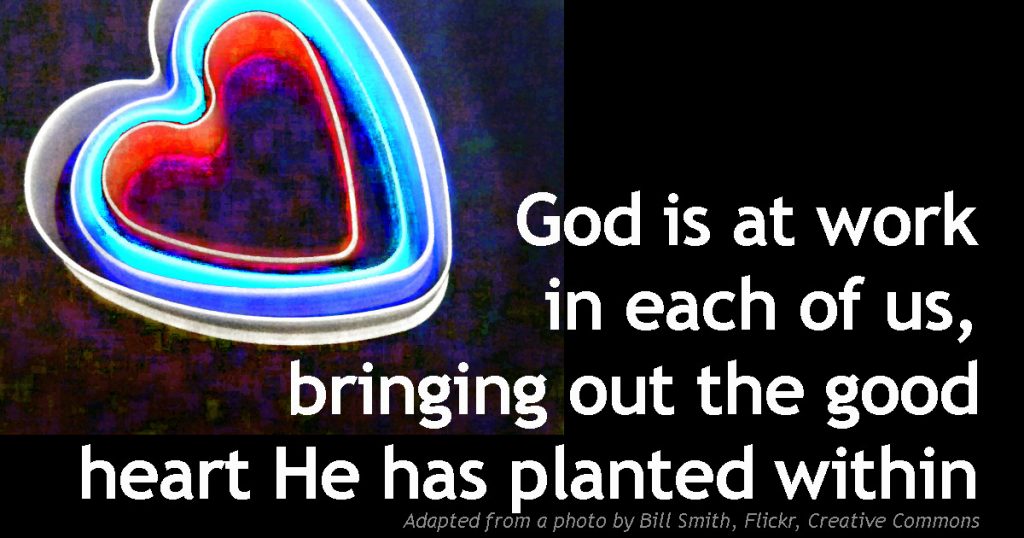
I owned an old Buick with 340,000 miles on it. I kept collision insurance on it only because I occasionally rent a car, and that gave me the option of not spending all that extra money on a damage waiver with the car rental company. Anyway, my daughter got into a car accident with it, and it was totaled. I’m figuring, okay, the car is probably worth $500. I have a $500 deductible. There’s no way I’m going to get any money for this, and I don’t have any money set aside to get another car.
Temptation: doubt, fear, complaining, panic.
But I’ve been all kinds of situations like this with God already, and I’ve seen that He always comes up with something good. So here’s what I posted online: “It’s an adventure, folks, living life with Jesus. Car crash on the Interstate today. My daughter is fine, and now the door is wide open for God to provide our family with a new vehicle or other form of transportation. Let’s see what God does!”
The insurance claims adjuster called me. “Wow, Dwight. I’ve never seen a car with this many miles before. We’re gonna need to figure out how to value this.” They gave me a rental car, and called me back three weeks later. (Remember, I was figuring the car wasn’t even worth the $500 deductible.) “We’ve decided to value your car at $2800 and we want to throw something in for sales tax.” Bottom line: I got a check for $2500. My mechanic was selling a nice used car that just got reduced from $3,000 to $1500. I got another car I’m very happy with, put some new tires on it, and had a little money left over.
What’s the point? The point is this: Keep hanging out with Jesus. Living by faith is fun. And Jesus grows our faith so it’s there when we need it.
From the Bible:
One one occasion Jesus said to His followers, “Let me give it to you straight: If you have faith as small as mustard seed, you can order this mountain to move, and it will move.” (Matthew 17:20)
How big is a mustard seed? You could probably fit ten or more in a row across your thumbnail. They’re small.
I like it that Jesus compares faith to a seed. What happens to seeds? You plant them and they grow. In the case of mustard seeds, they rapidly grow into plants that look more like shrubs, some growing over 10 feet tall.
The same is true with faith. We bring to God the faith we have. It may be—and often is—small. But that’s okay. That faith gets planted inside us, and it grows.
We let it grow, and it will be there when we need it.
Bible trivia:
Answer from last time: “Charity” is a word that was used a couple hundred years ago for selfless love (agape love from the Greek). That’s why it was used in the King James Bible in 1 Corinthians 13. Since “charity” is no longer used that way in our language, modern language translations usually use the word “love.”
New question: Which prophet makes reference to a flying scroll?
